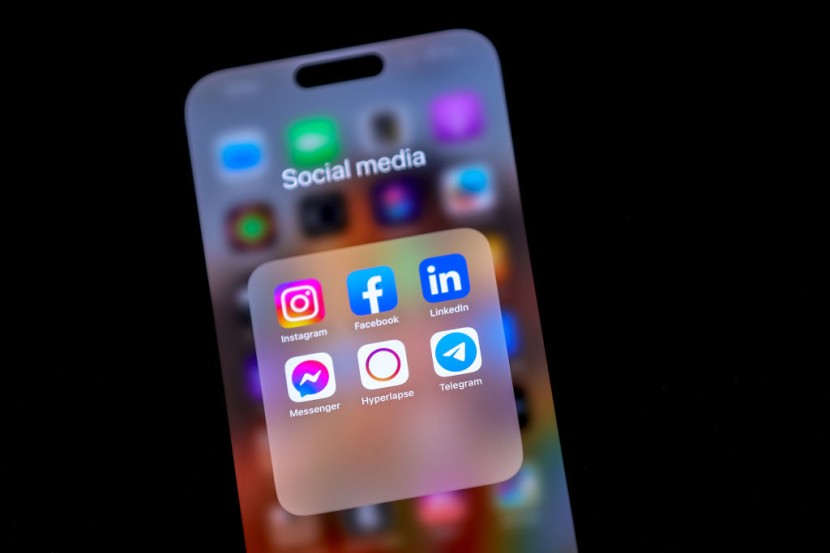The Supreme Court's recent decision to lift restrictions on the Biden administration's communications with social media companies has generated significant attention and implications for the ongoing battle against online misinformation.
This move comes as part of a lawsuit targeting the government's efforts to combat false information related to COVID-19 and elections, as per CNN.
Supreme Court Halts Rulings on Government-Social Media Misinformation

The court's action effectively puts on hold the rulings from a federal trial court and a conservative appeals court, both of which had previously limited the government's ability to communicate with social media platforms about content they consider misinformation.
This pause allows the White House, the surgeon general, the US Centers for Disease Control and Prevention (CDC), the FBI, and a top US cybersecurity agency to engage with social media companies on these matters.
The roots of this legal dispute trace back to a sweeping preliminary injunction issued in the summer by a federal judge in Louisiana. This injunction prevented multiple federal agencies and administration officials from communicating with social media companies about taking down "content containing protected free speech."
It effectively hindered their ability to address what they deemed misinformation on these platforms. In the wake of this decision, the high court has not only paused the lower court rulings but has also agreed to take up the case, although a specific date for oral arguments has not been set.
Notably, not all Supreme Court Justices agreed with this decision. Conservative Justices Samuel Alito, Neil Gorsuch, and Clarence Thomas disagreed with the court's choice to halt the lower court rulings, according to The New York Times.
Conservative Justices Investigate Earlier Supreme Court's False Information Role
In a dissenting opinion, the conservative Justices criticized the timing of the court's involvement, suggesting that taking up the case at an early stage is highly disturbing.
Justice Alito voiced concerns that the decision to pause the lower court rulings might be seen as giving the government the green light to utilize heavy-handed tactics in shaping the presentation of views on the dominant medium for news dissemination.
Missouri initially filed the lawsuit, and Louisiana's attorneys general, along with individual plaintiffs, to challenge the government's actions against online misinformation. They argued that the government's efforts amounted to unconstitutional censorship.
While the Louisiana federal judge had issued the initial sweeping preliminary injunction, a three-judge panel at the 5th US Court of Appeals later scaled back the injunction in September.
This revision narrowed its scope to a few specific agencies, asserting that they "likely violated the First Amendment" by influencing platforms to moderate explicit content. The limited injunction only applied to the White House, the surgeon general, the CDC, and the FBI.
However, following the Biden administration's appeal to the Supreme Court, the plaintiffs sought an expansion of the injunction's scope. In early October, the 5th Circuit panel partially granted this request by adding the US Cybersecurity and Infrastructure Security Agency as an enjoined entity.
The Supreme Court's decision to pause these rulings has sparked a significant debate about the balance between addressing misinformation and safeguarding free speech. The outcome of this case will likely have far-reaching implications for how the government interacts with social media platforms and the broader fight against online misinformation, Mail Online News reported.
© 2025 HNGN, All rights reserved. Do not reproduce without permission.








